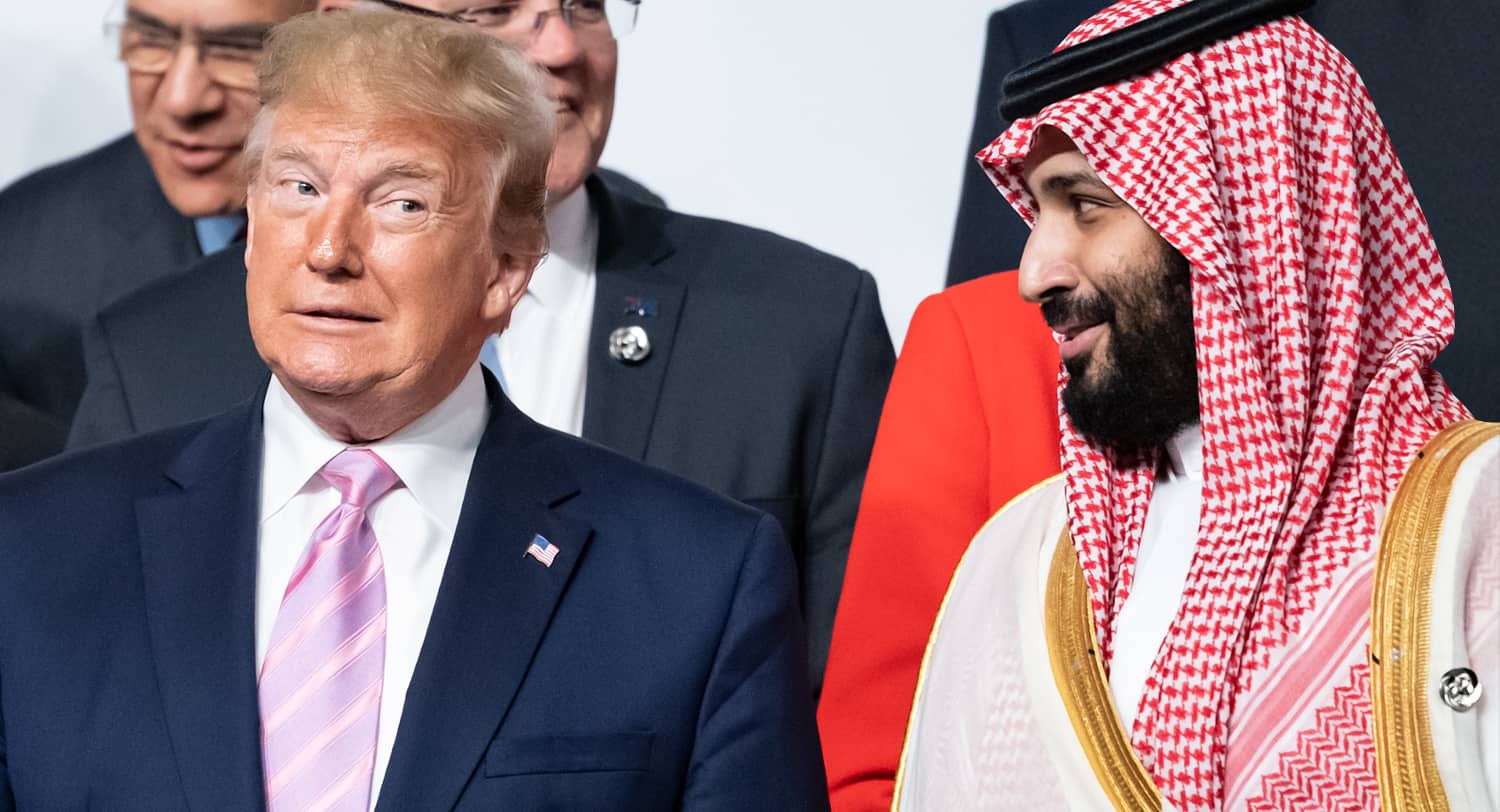The Middle East that awaits a second Trump administration offers unusual opportunity. The US can double down on two major successes – Israel’s war against Iran’s proxy armies and the Abraham Accords peace deal – to expand its regional alliance. At the end of the first Trump administration, the Abraham Accords expanded the alliance at the center of the region – Israel-Egypt-Jordan – by adding the second largest Arab economy (UAE), the second most populous Arab country (Morocco), and the Arab partner most ready to join US military operations (Bahrain). Now Israel has largely dismantled Iran’s proxies and put Iran on the defensive throughout the region.
At the same time, Syria after Assad presents uncertainty. Our Arab partners in the Gulf and Egypt share Israel’s concerns over the potential for an extremist resurgence to spread beyond Damascus. It’s a good time to reinvigorate and expand the pro-American alliance.
The capstone is Saudi Arabia. With the largest economy in the Middle East of over $1 trillion, Saudi Arabia is making huge bets to diversify and deliver security and prosperity for its citizens. And Riyadh is looking forward to President Trump’s return to office. Bringing Saudi Arabia into alliance with Israel is complicated, though, and should not be pushed prematurely. Instead, the Trump team should lay the groundwork, through governmental support of US private sector initiatives and business ties that will create local constituencies inside Saudi Arabia and throughout the region for peace.
There are two major stumbling blocks. The first is that Saudi Arabia wants an explicit bilateral security guarantee from the United States. This will be difficult, including in the US Senate. The other is the ongoing Israeli-Palestinian conflict, where the Saudis want something significant from the Israelis. This also appears unlikely at present, in the aftermath of the October 7 Hamas attack and Israeli counterstrikes.
The way over these obstacles starts with business ties, announcing Israeli-Saudi start-ups with American venture capital. Palestinian business people could also be included in this. Convening business leaders from the Abraham Accords countries plus Saudi Arabia at the behest of the US would send a powerful signal that real benefits of regional peace are coming. High-level government attendance and support from each capital are critical but we should avoid convening a series of bureaucratic working groups, such as the Biden administration’s Negev Forum. Rather it is time for the US to deploy the universal unifier: joint business ventures.
Economic entanglement will compel continued collaboration. The Middle East is one of the least commercially integrated regions in the world. The future of the region hinges on greater integration of key sectors including tech, energy, and water, and regional connectivity (imagine gas, oil, rail, digital, energy and road connections from the UAE and Saudi Arabia to the Mediterranean via Israel). Joint ventures between the Saudis and Israelis can help move in this direction.
Our initial proposition is simple: the US should convene business leaders from the Middle East now, before this historic window closes. Special Envoy to the Middle East Steve Witkoff and Ambassador Mike Huckabee could play significant roles in laying this foundation, using their good offices and convening power to incentivize the Israelis and Saudis to take seats at the table, including Track 1.5 groups spanning Israeli, Saudi, and American businesses. These meetings should cover key sectors such as tech, water, agriculture, connectivity, digital infrastructure, ports, roads, rails, trade barriers, and even deeper EU partnerships. Imagine a business meeting convened at Mar-a-Lago to get it kicked off? Or the Trump administration might host such a summit in DC or New York.
This is a rare moment. A useful model might be US action immediately after the Kuwait War of 1991, when Secretary of State James Baker followed a successful military campaign to convince Arab countries into dismantling the Arab League economic boycott of Israel. The Trump administration, using its convening power and prestige to highlight business investment and commercial ties, could be looking at an expanded Abraham Accords alliance well before the end of the second Trump administration — one even more fruitful and enduring. That is how you will secure lasting peace.

